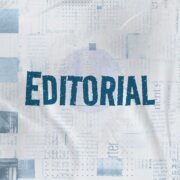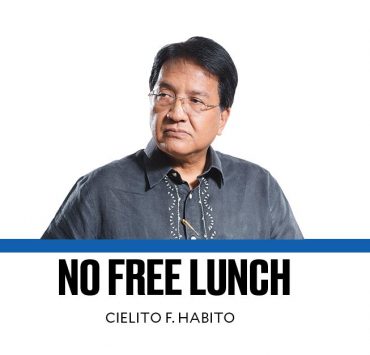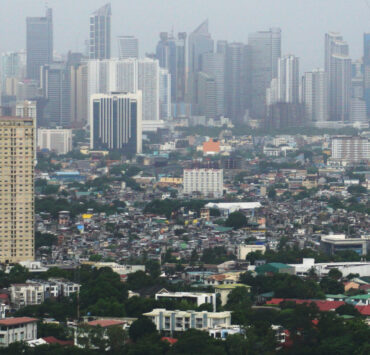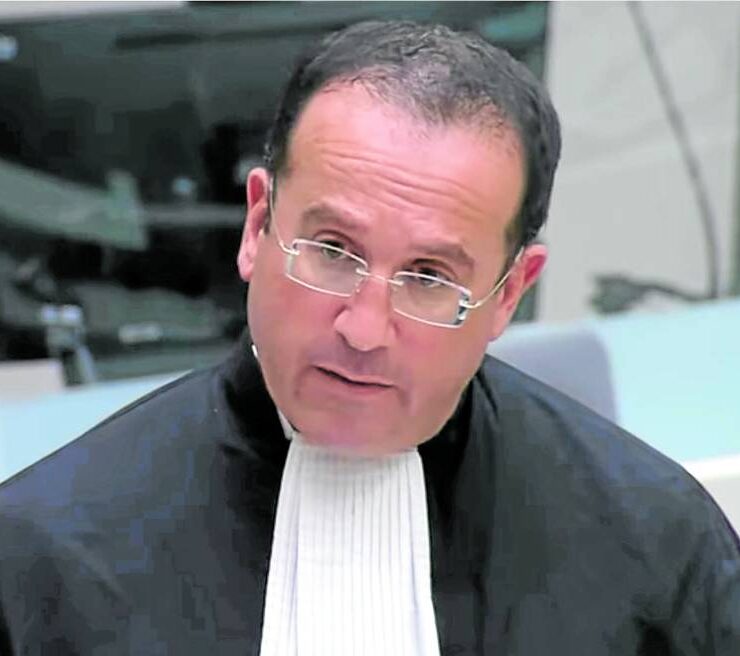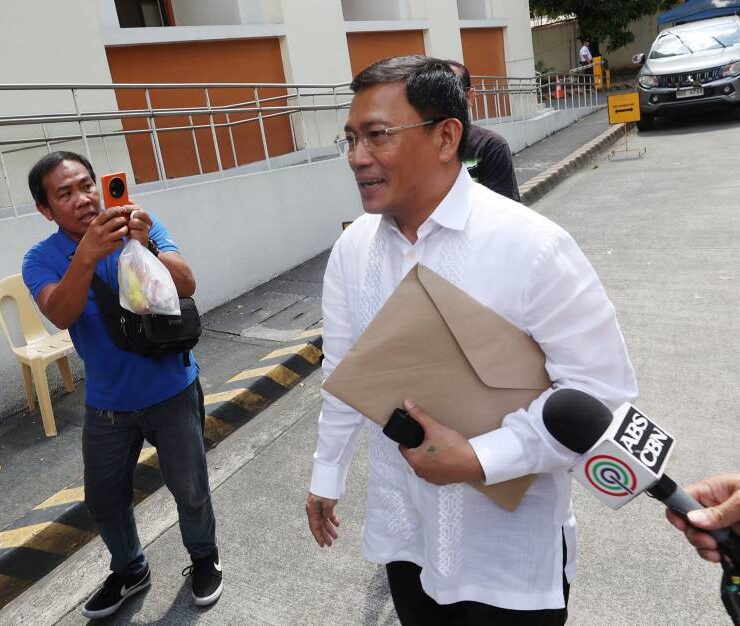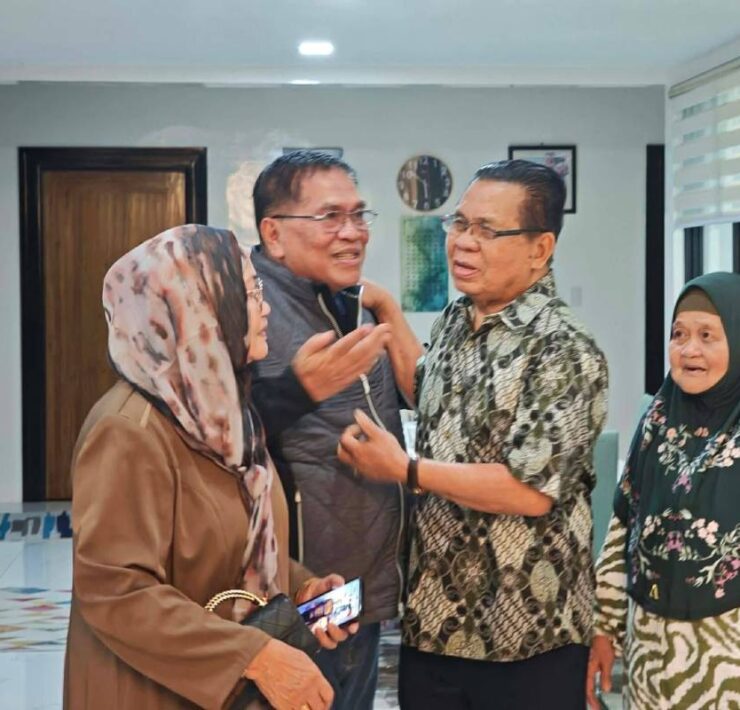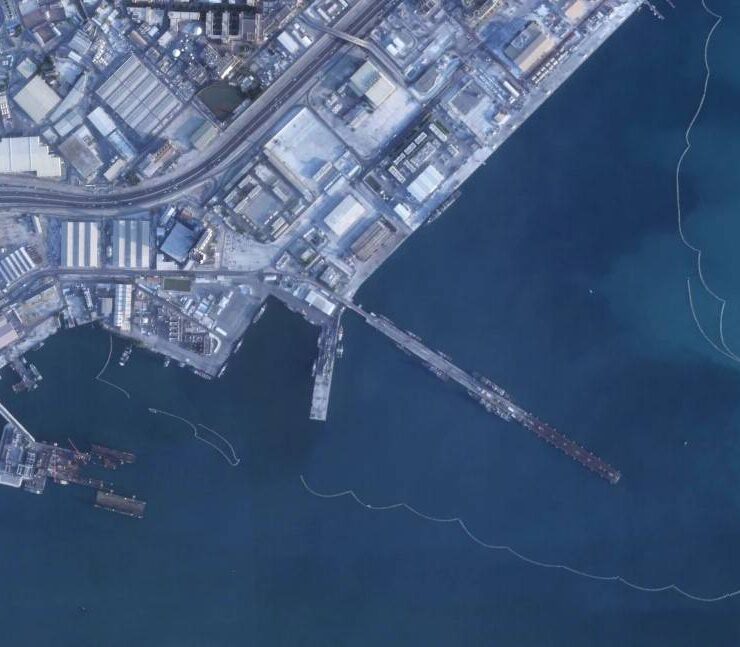Marcoleta’s mystery donors
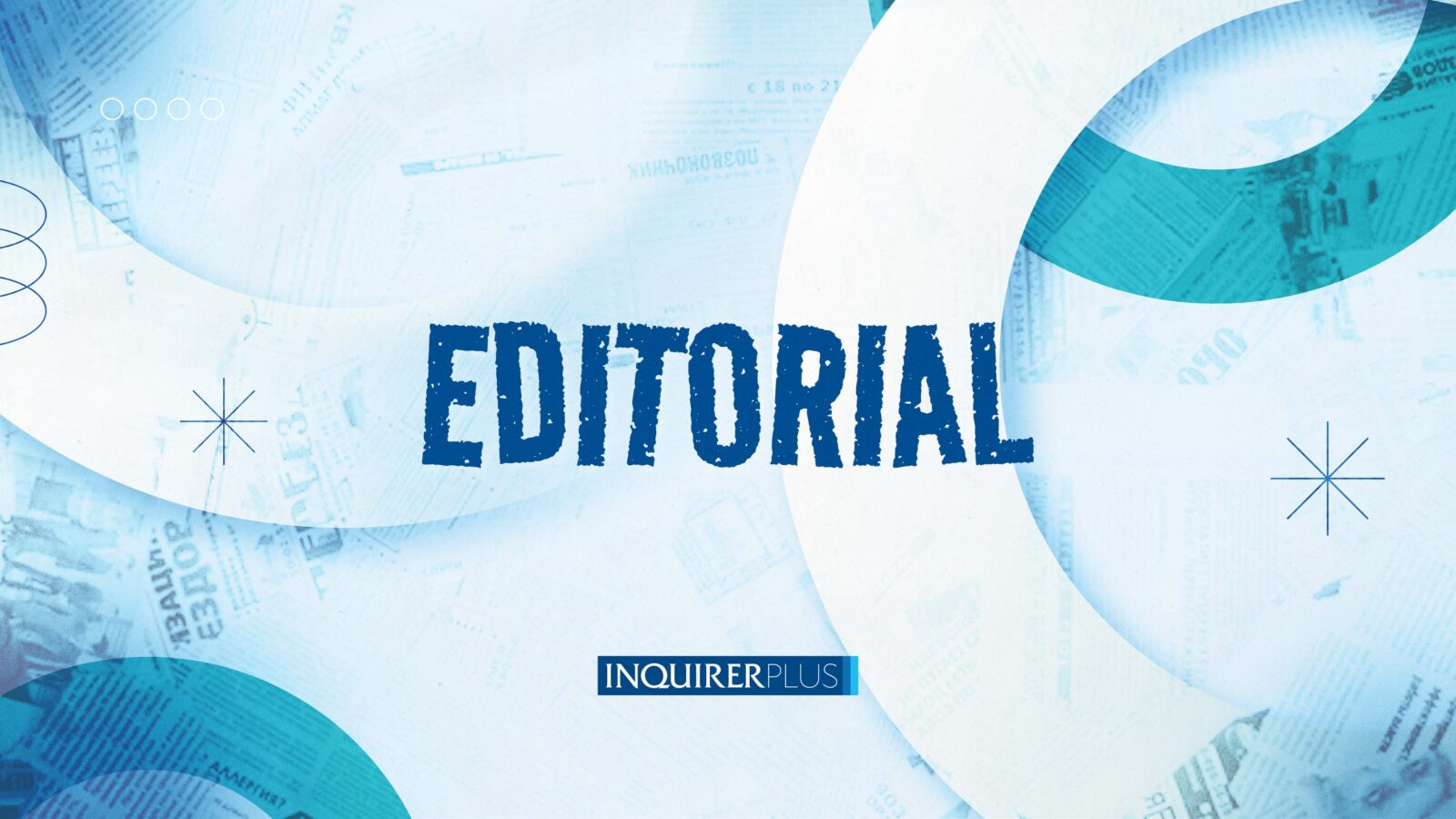
Sen. Rodante Marcoleta’s explanation for the gaping hole in his campaign finance report is as comical as it is absurd. The neophyte senator revealed that his P112 million election war chest came from friends who requested secrecy, prompting him to write “zero” in his statement of contributions and expenditures (Soce).
Such logic, coming from an allegedly brilliant legal mind, boggles the imagination. The Omnibus Election Code requires candidates to disclose donors’ identities, but even the law is apparently no match for friendly favors or inventive bookkeeping, as far as Marcoleta is concerned.
Under Section 94 of the Code, a “contribution” is defined broadly—”a gift, donation, subscription, loan, advance or deposit of money or anything of value … made for the purpose of influencing the results of the elections.” Section 98 states that: “No person shall make any contribution in any name except his own nor shall any candidate or treasurer of a political party receive a contribution or enter or record the same in any name other than that of the person by whom it was actually made.”
However one interprets it, the law makes it clear that in campaign financing, there’s no room for hidden benefits or mystery donors, because public office is not a private enterprise.
Self-incriminating Net25 interview
For this reason, Marcoleta’s argument that the wish of his financial backers to remain anonymous trumps statutory requirements is not only laughable but illegal.
Last week, the chair of the Commission on Elections (Comelec) said the senator would be summoned to explain his remarks in that self-incriminating Net25 interview. “After all, the SALNs (statements of assets, liabilities, and net worth) have become public because our senators have released it, and at the same time, we have copies of the Soces,” George Garcia said.
In his SALN, Marcoleta had declared a net worth of P51.96 million, as of June 30, less than half of the P112 million he reported spending for his campaign, as poll watchdog Kontra Daya pointed out.
Still, the Comelec’s “show-cause order” must not be the end of it. The public, now less tolerant of high politicians who look at the poll guidelines as “rules for thee, not for me,” expects a thorough and transparent investigation of Marcoleta’s alleged infraction.
The same standard must apply to Sen. Francis Escudero, who similarly faces Comelec scrutiny for accepting a P30-million donation from Lawrence Lubiano, president of Centerways Construction and Development Inc., which has bagged major infrastructure contracts in the former’s home province of Sorsogon.
Blatant conflict of interest
While his lawyer has argued the donation was legal and fully declared, Escudero can’t deny the blatant conflict of interest in a former governor receiving funds from his province’s top contractor to run for the Senate. Escudero’s alleged offense is soon to be resolved by the Comelec en banc, according to Garcia.
Meanwhile, the poll chief has warned that untruthful Soces could lead to falsification and perjury charges. Republic Act No. 7166 requires every candidate to file a “full, true and itemized” account of contributions and expenditures within 30 days after election day. But candidates who fail to do so or file inaccurate reports routinely get away with paying fines of P1,000 to P30,000 for the first offense. Even second offenses, which should trigger both higher fines and perpetual disqualification, rarely result in meaningful consequences. In 2016, some 95 politicians who failed to file Soces were reportedly able to run again in the general elections.
Thus, it’s no surprise that Comelec’s track record has conditioned the political elite to believe, quite correctly, that Soce rules are just suggestions in the absence of strict enforcement.
Reputation for leniency
The outcome of such conditioning is clear to see: a senator allowed to erase millions in donated funds on account of friendship, and another who accepts a multimillion-peso donation from his contractor friend with impunity.
The Comelec is now in the middle of investigating these cases, but its investigation must produce more than feeble requests for clarification and its usual recourse of sweeping offenses under the rug, especially when the offenders belong to the high echelons of government.
Whether Marcoleta and Escudero face administrative charges or criminal liability, the public deserves proof that the rules apply not only to losing candidates or small-town aspirants but to these senators whose influence has long excused them from scrutiny.
Ultimately, this is a test of Comelec’s backbone.
The poll body must enforce this basic transparency requirement to prove that it is serious about holding to account erring candidates who make a mockery of election law. This is a moment for Comelec to transcend its own reputation for leniency toward those in power, or those who rose to power because of its leniency.













